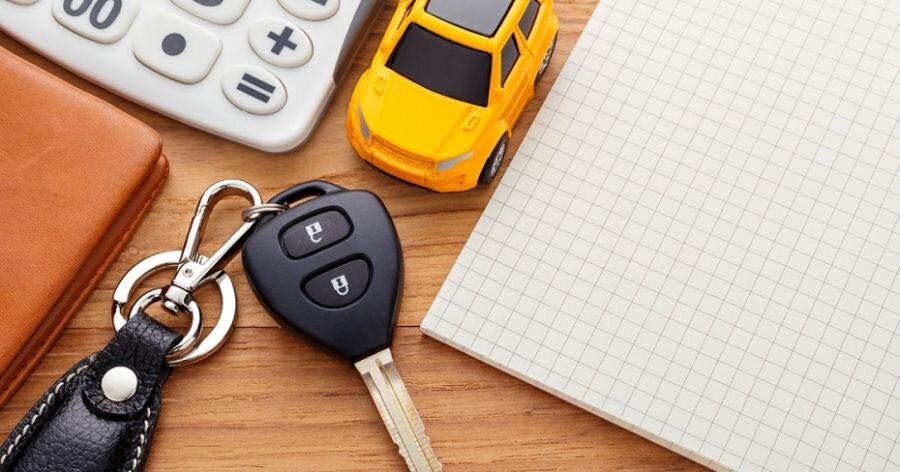Getting a car loan: bank financing or dealer financing?
By: Robb Engen on May 25, 2016
Information asymmetry occurs when one party in a transaction has more or better information than the other. I can’t think of a situation where this imbalance of power is more often on display than when it comes to buying a car and getting a car loan.
Think about it. The salesperson shows you a couple of vehicles, you take one for a test drive, become enamoured, and then get whisked away to a corner office to discuss financing terms.
If you’re making an impulse buy, you likely haven’t given much thought as to how you’ll finance your new vehicle. Your dealer will throw around terms like, “0% financing”, “Dealer invoicing”, and “Manufacturer’s rebate”.
Buying a car is an emotional experience. It’s about more than just four wheels; it’s how you feel when you get behind the steering wheel. Car dealers and salespeople know this. Once you fall in love with a vehicle you’re unlikely to walk away without making a deal.
Hopefully, you give thought to the car buying process long before stepping foot onto a car lot. You know that you can arrange financing ahead of time through your bank, or you can set up a loan through the car dealership on the spot.
Dealer financing vs. bank financing
Some dealerships offer financing through their manufacturer, such as Ford or GM. Others, like the Hyundai dealership where I bought a new Sante Fe in 2012, arrange financing through a bank. In my case, the four-year, 0.9% financing deal was arranged by Hyundai through Scotiabank.
You often hear that you get the best deal on a new car when you pay upfront in cash. While not everyone can afford to lay down tens of thousands of dollars on a vehicle, arranging financing with a bank ahead of time can offer the same advantages.
With cash in hand you turn the tables on the dealer and sit in the proverbial driver’s seat when it’s time to negotiate the price of a new vehicle.
Review the math to determine whether it’s in your best interest to accept the dealer’s 0% financing, or a manufacturer’s cash back rebate (in most cases it’s one or the other: 0% if you finance, cash-back if you pay upfront).
Car expert Mark Whinton, a certified mechanic with over 34 years of experience, says that car financing through manufacturers like GM and Ford can be a great deal but beware of the fine print.
“Watch they don't give you a zero rate that has extra payments in it, or tack on a $1,500 administration fee. One way or the other there is no free lunch,” says Whinton.
Here’s the bottom line when it comes to getting a car loan from a dealer or from your bank:
The car dealer is likely go above and beyond to get you to buy a vehicle. That means you have a better chance to be approved for a loan. The dealer has all the incentives at their disposal, from their own financing for higher risk borrowers, to factory incentives like cash back rebates and zero (or near-zero) interest rates on car loans. Ultimately your dealer is a one-stop shop – and the fastest way to get financing for your vehicle purchase.
Beware the high-pressure environment of a car dealership, though. Often, these situations lead to poor decisions like not reading the fine print or adding extras you don’t need.
Arranging financing in advance through a bank, on the other hand, relieves some of that pressure and can allow for the opportunity to make a more rational decision about your budget and how much car you can afford.
Rates can sometimes be lower than dealer financing, and having financing arranged in advance can give you the upper hand when it comes to negotiating the price of the vehicle.
It takes more time to plan ahead and work with a bank, however, and there’s always a chance the bank turns down your loan application.
My car-buying checklist:
Negotiate the price of the vehicle before discussing financing terms
Be prepared to pay in cash or have previously arranged financing in place
If financing, never take more than a four-year term. If you have to stretch your payments over six, seven, or even eight years, you can’t afford the car
You can also use online tools to find car loan offers that might work for your situation. Pay attention to the fine print, and you will be more likely to get the best possible financing deal for you.

ae21.jpg)
